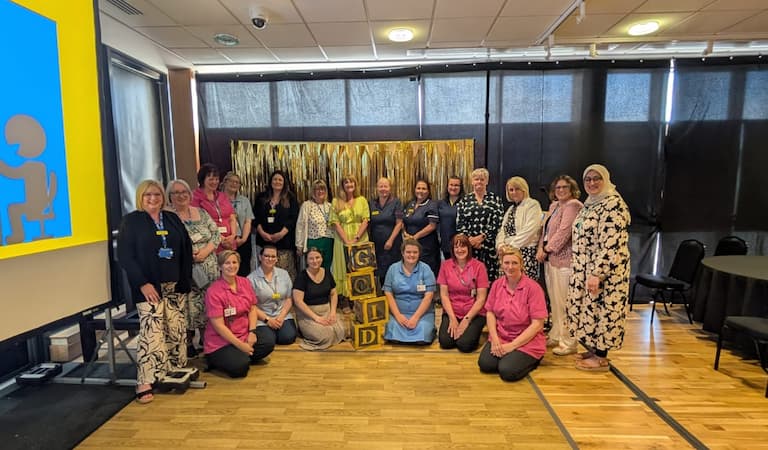Public health officials have urged people to stick to the Rule of Six as the Covid-19 infection rate continues to rise across North Lincolnshire.
It comes as the rate of infection in North Lincolnshire has reached 39 per 100,000 across seven days (up to 27 September) – up from 16 a week ago.
The North Lincolnshire Health and Wellbeing Board has teamed up with Scunthorpe Live for the Stop Covid, Prevent Local Outbreaks campaign, which urges everybody to do their bit to help keep the spread of coronavirus under control in the region.
Jilla Burgess-Allen, a senior consultant in public health at North Lincolnshire Council, said: “Our rate is continuing to rise sharply, as it is across the country. We expect this to continue.
“Thankfully we do not have any big outbreaks in North Lincolnshire at this time. From the data we have available we can see the rise is across the whole community – the responsibility for containing it lies with each one of us across the area.
“We are seeing quite a bit of transmission happening in homes and with the cooler weather we’ll all be spending more time indoors so we are asking people to think carefully about keeping their home Covid-secure.
“The Rule of 6 is critically important now and particularly people need to make sure they do not have any visitors if anyone in the house is self-isolating.”
When seeing friends and family you do not live with you should:
- meet in groups of 6 or less, indoors or outdoors. If you live in a household with more than 6 people, you can continue to gather but this is your largest permitted group and you cannot meet as a group with any additional people
- follow social distancing rules when you meet up
- limit how many different people you see socially over a short period of time
- meet people outdoors where practical: meeting people outdoors is safer than meeting people indoors because fresh air provides better ventilation
Where a group includes someone covered by such an exception (for example, someone who is working), they are not counted as part of the gatherings limit. This means, for example, a tradesperson can go into a household of six without breaching the limit, if they are there for work.
Jilla Burgess-Allen added: “The measures which have been put in place have been designed to control the virus and protect the public as well as keeping the economy and society open.
“We all need to work together to control the virus and enable the return of more normality to our lives. Now is not the time for complacency; we have seen big increases in the spread of the virus in other parts of the UK.
“As the new measures have been implemented we’ve seen many great examples of how people have adapted to them to ensure they can keep themselves and others safe and well.
“That is the key part of the strategy, adapting. We’re not asking people to stop, to put their lives on hold, but to make a small number of minor changes to the way they go about their day to day business and the vast majority of people here in North Lincolnshire have done that.
“We must remember if we raise our own risk we do so to for other people. For some of those people the effects of Covid-19 can be fatal.”
Reminder for children
- that children need to wear their face covering on the bus, for the whole journey
- that children sent home to self-isolate should be at home not out and about
- to socially distance from anyone who is not a member of your household
Reminder about face coverings – when and where should I wear one?
You are required to wear a face covering in the following settings:
- on public transport
- indoor transport hubs
- taxis and private hire vehicles
- shops and supermarkets
- hospitality venues, such as pubs and restaurants, except when eating or drinking
- indoor shopping centres
- banks and building societies
- post offices
- museums
- galleries
- cinemas and theatres
- places of worship
- public libraries.
People are also strongly encouraged to wear face coverings in any other enclosed public spaces where there are people they do not normally meet.
You do not need to wear a face covering if you have a legitimate reason not to. This includes (but is not limited to):
- children under 11
- because of a physical or mental illness or impairment, or disability
- to communicate with someone who relies on lip reading
- to avoid harm or injury; to identify yourself
- to eat or drink if necessary
You can carry something that says you do not have to wear a face covering for medical reasons. This is a personal choice, and is not necessary in law – you should not routinely be required to produce any written evidence to justify the fact you are not wearing a face covering.





